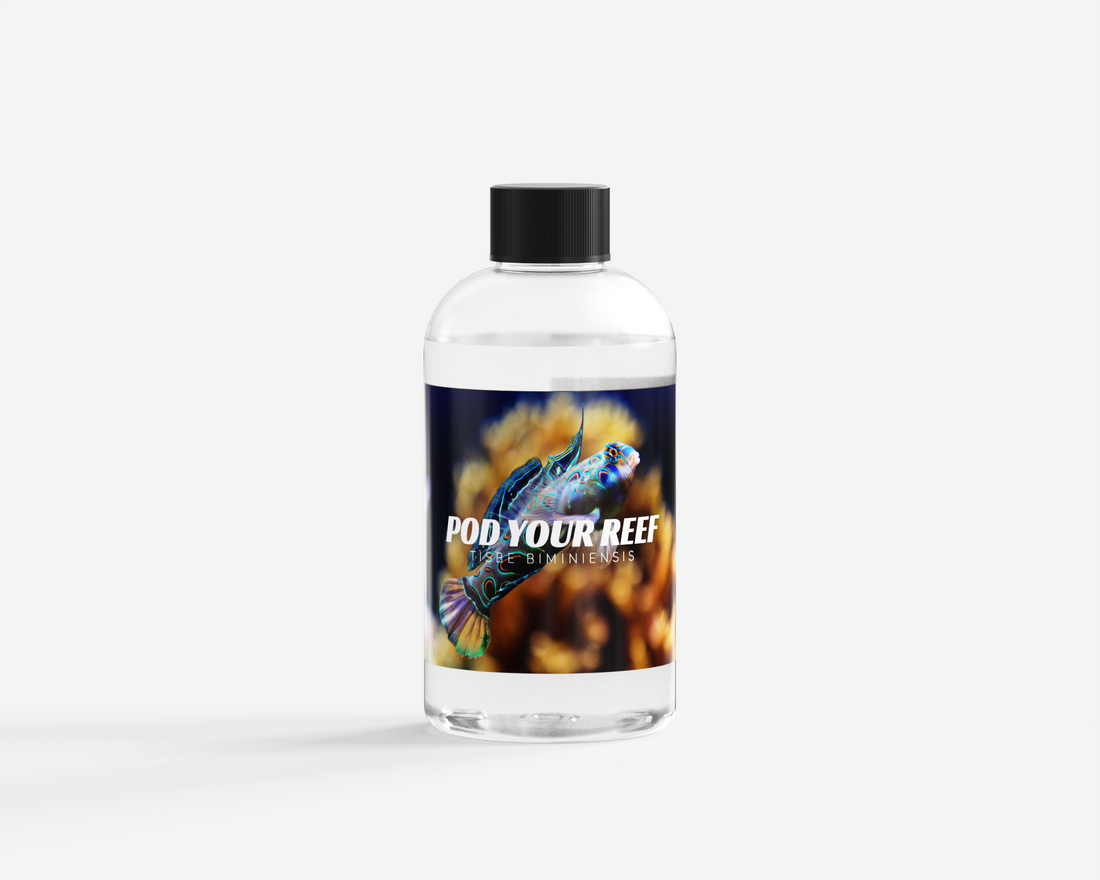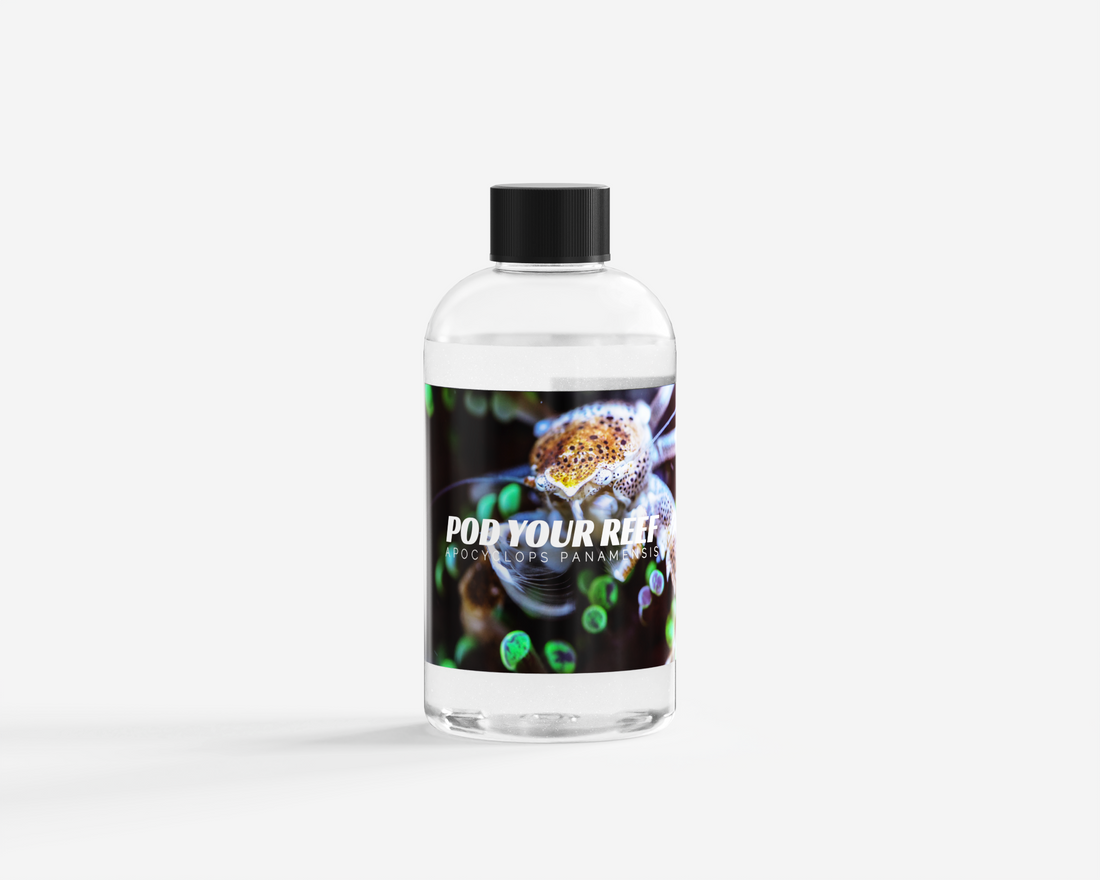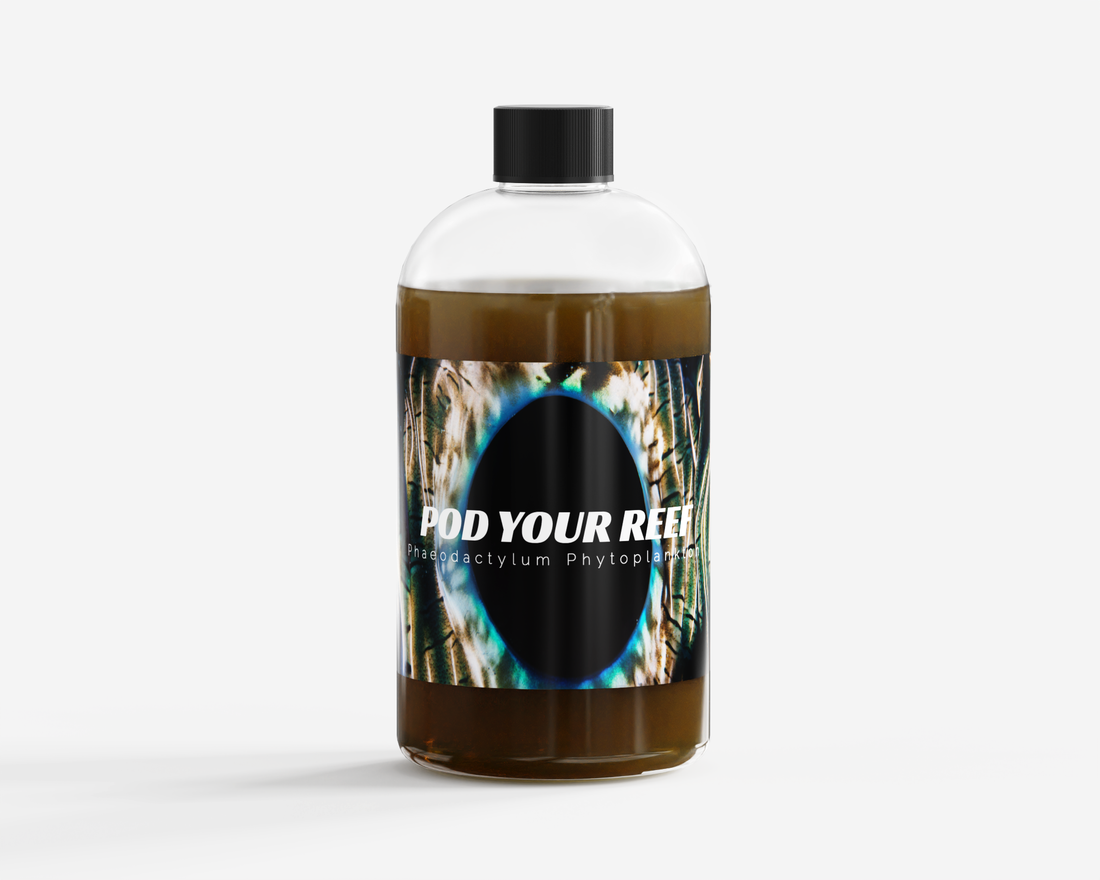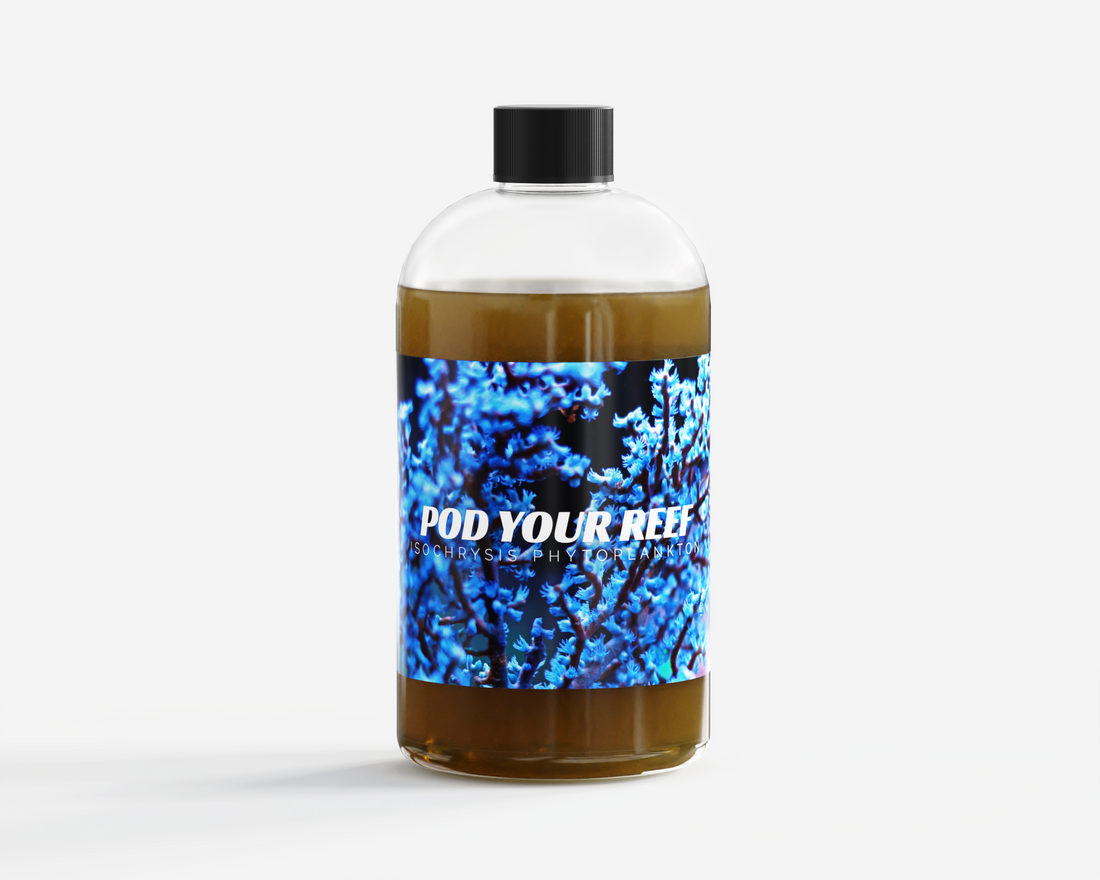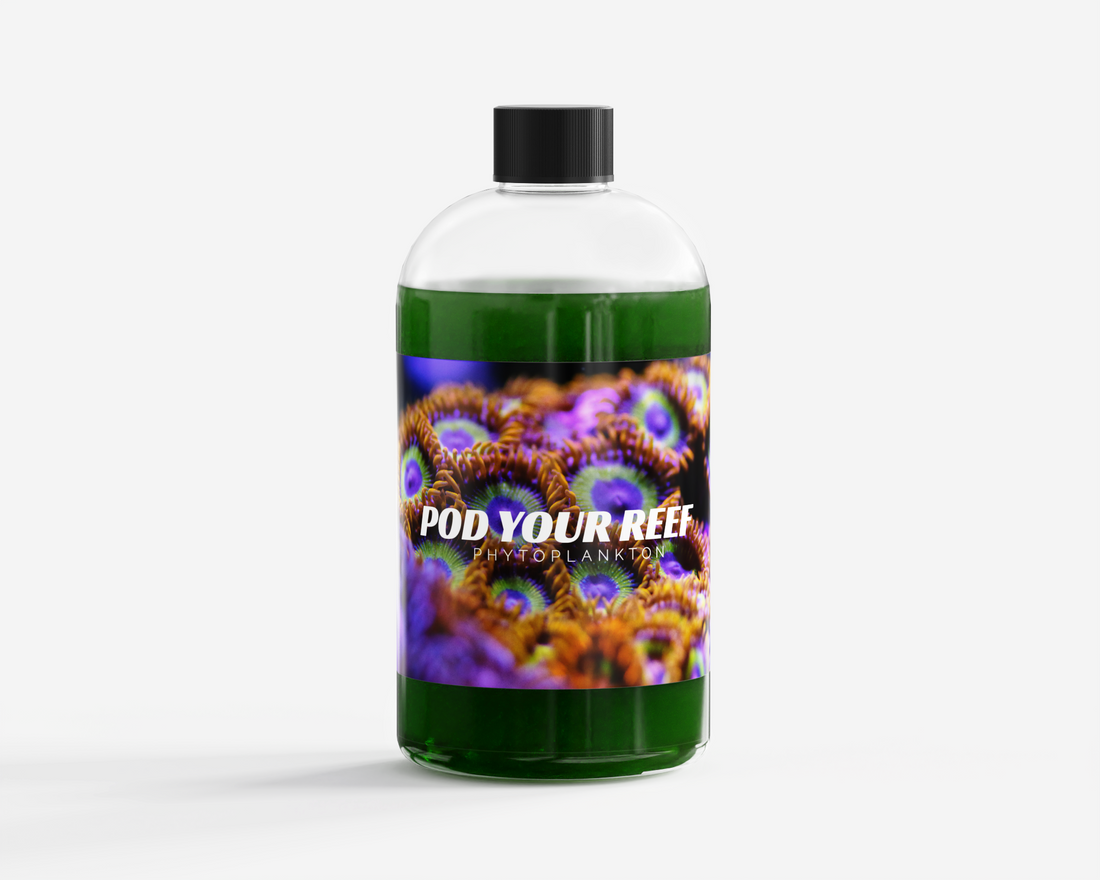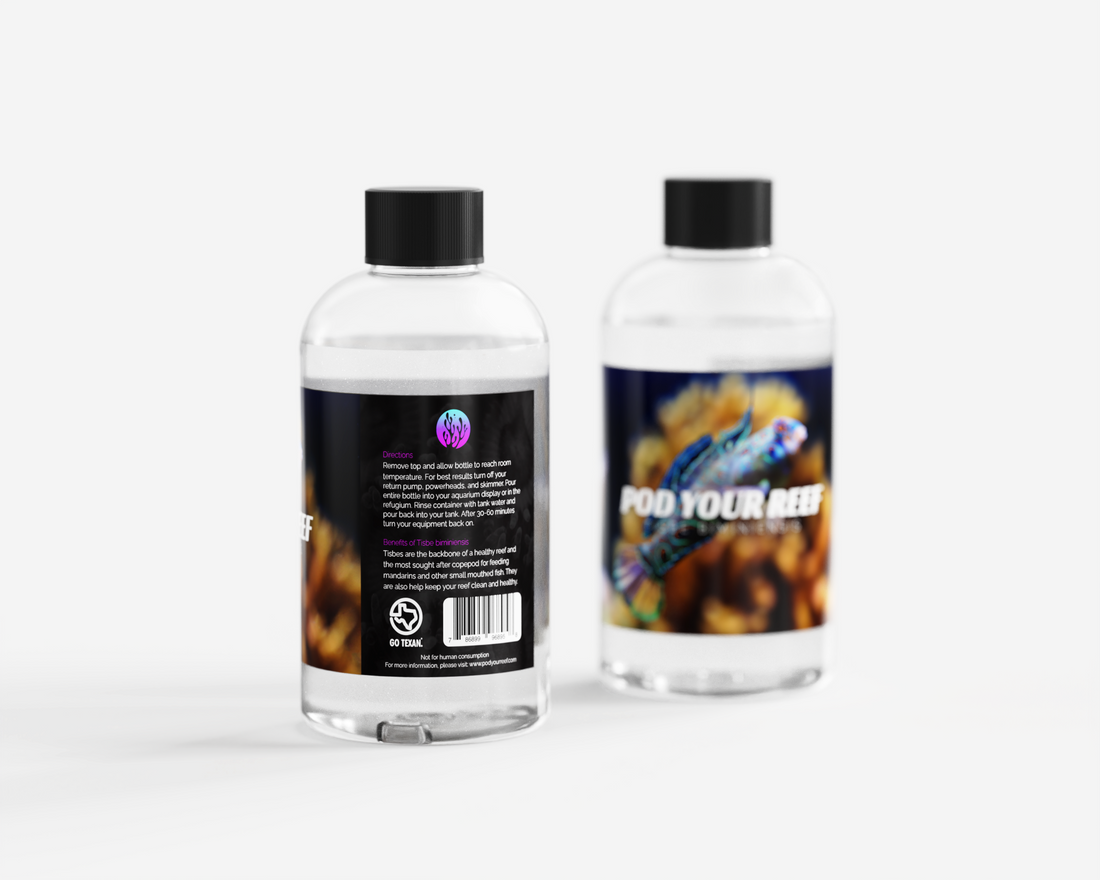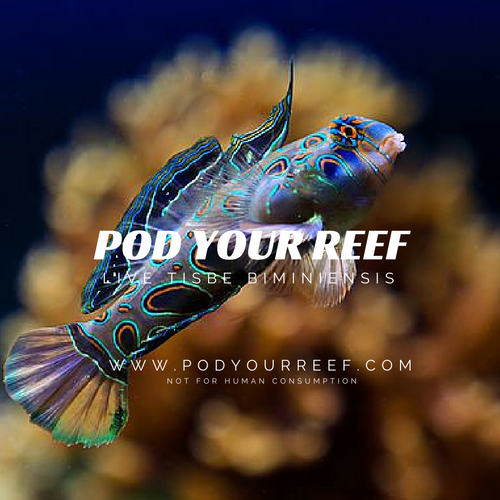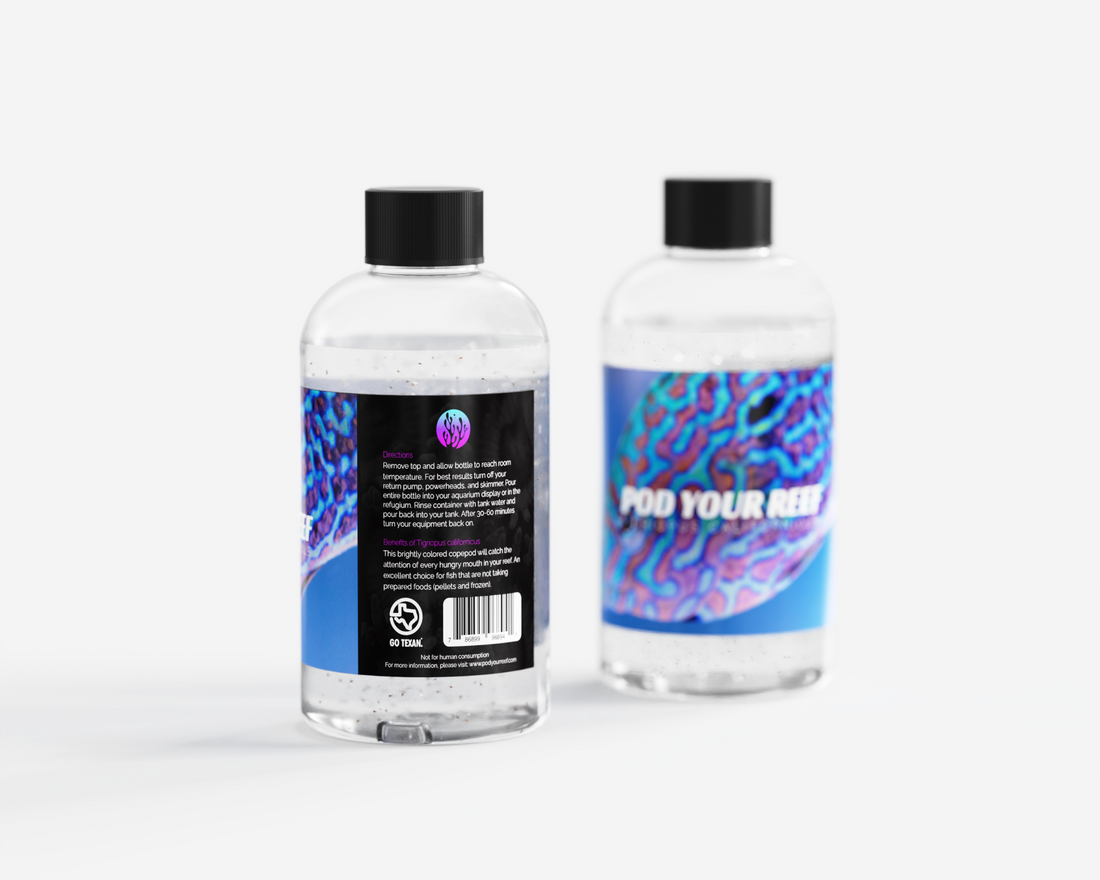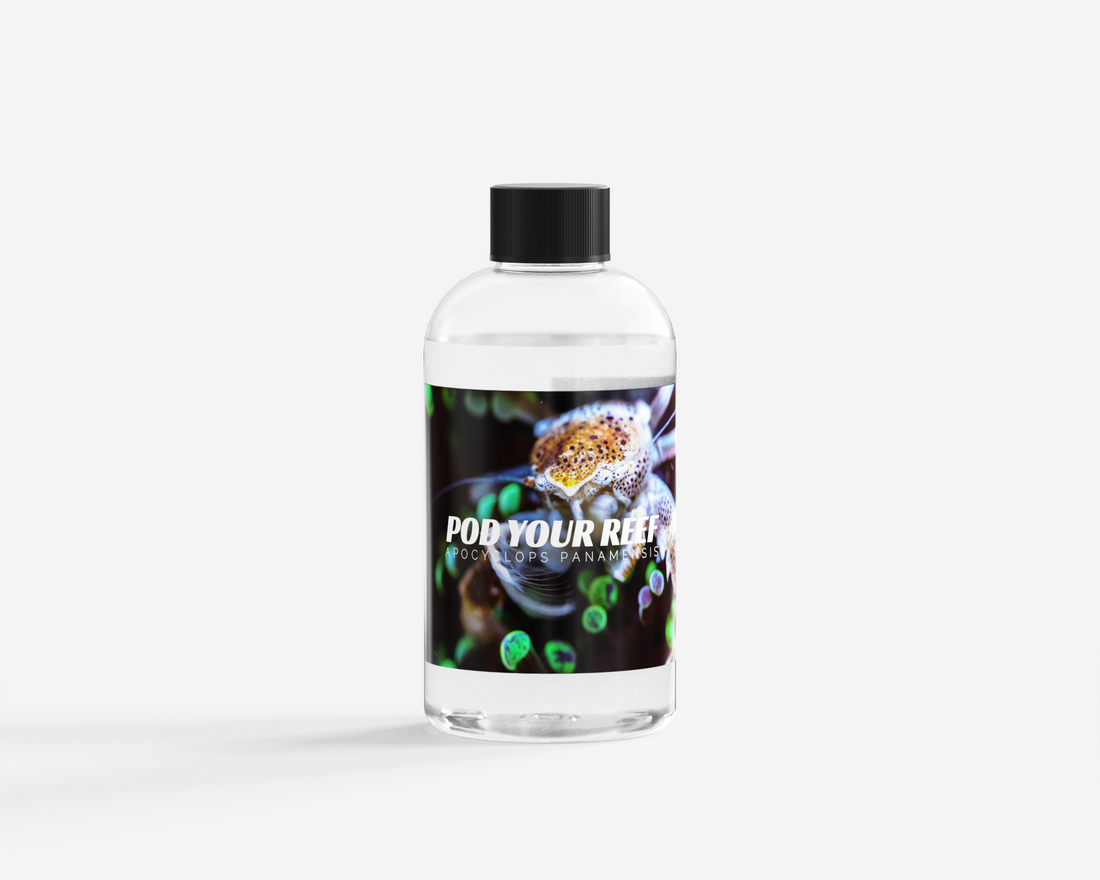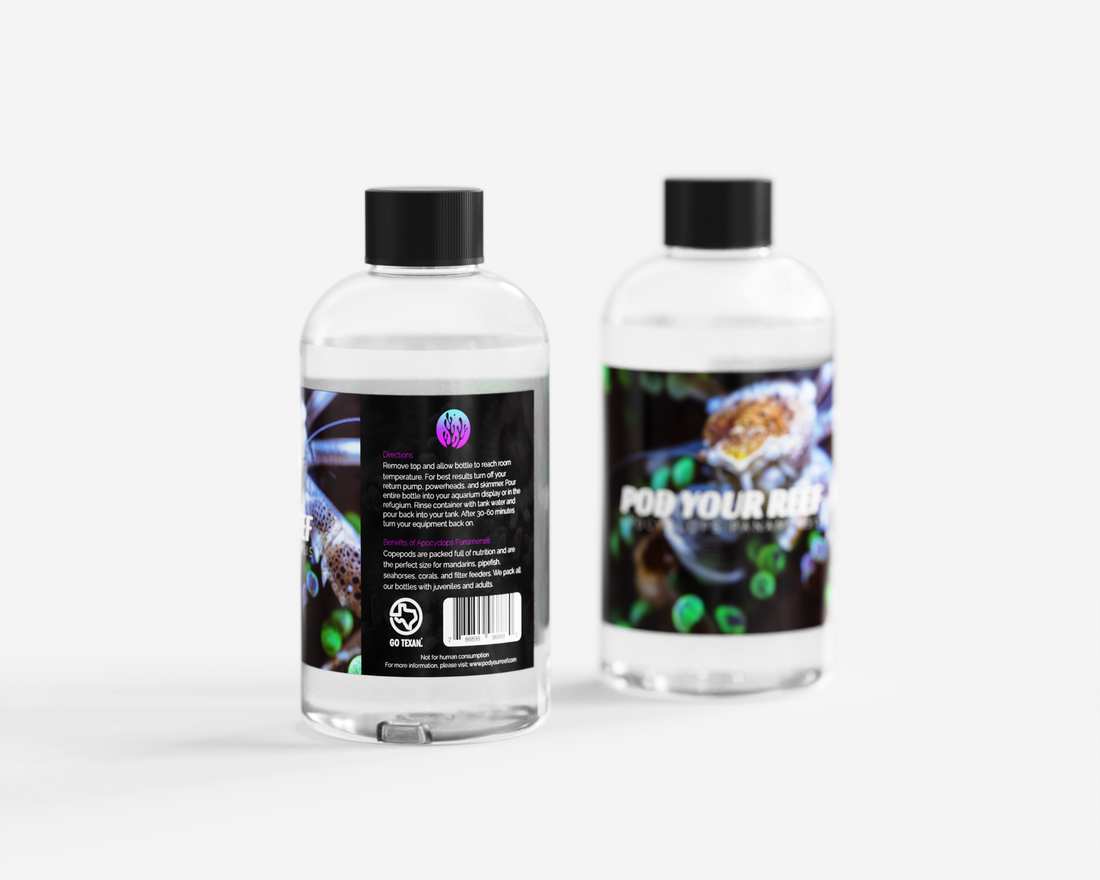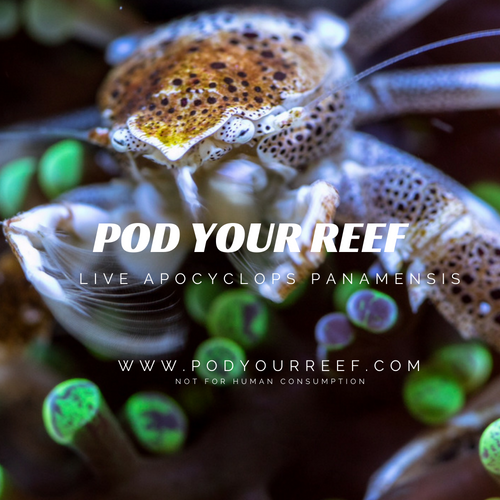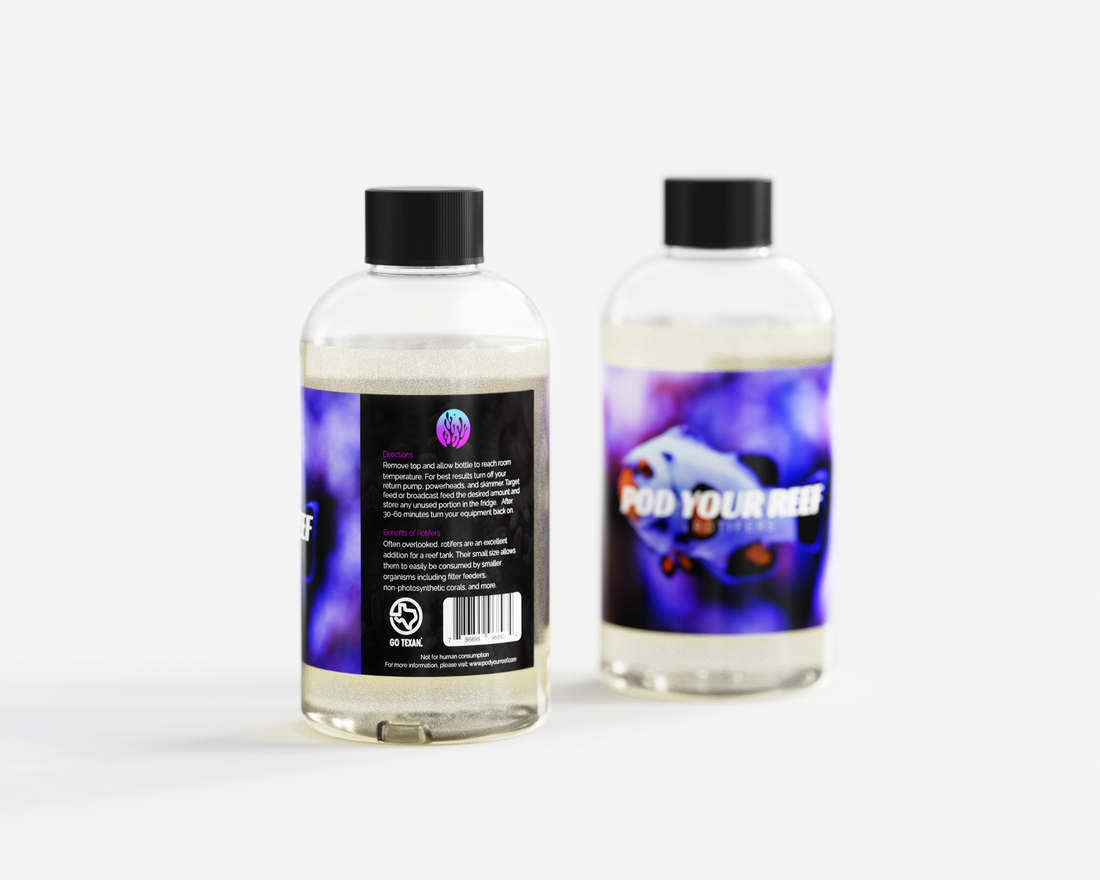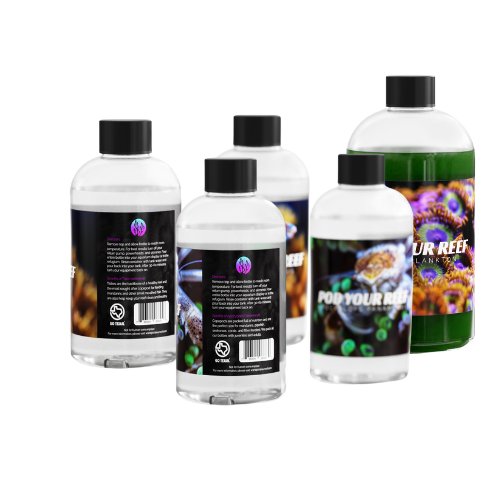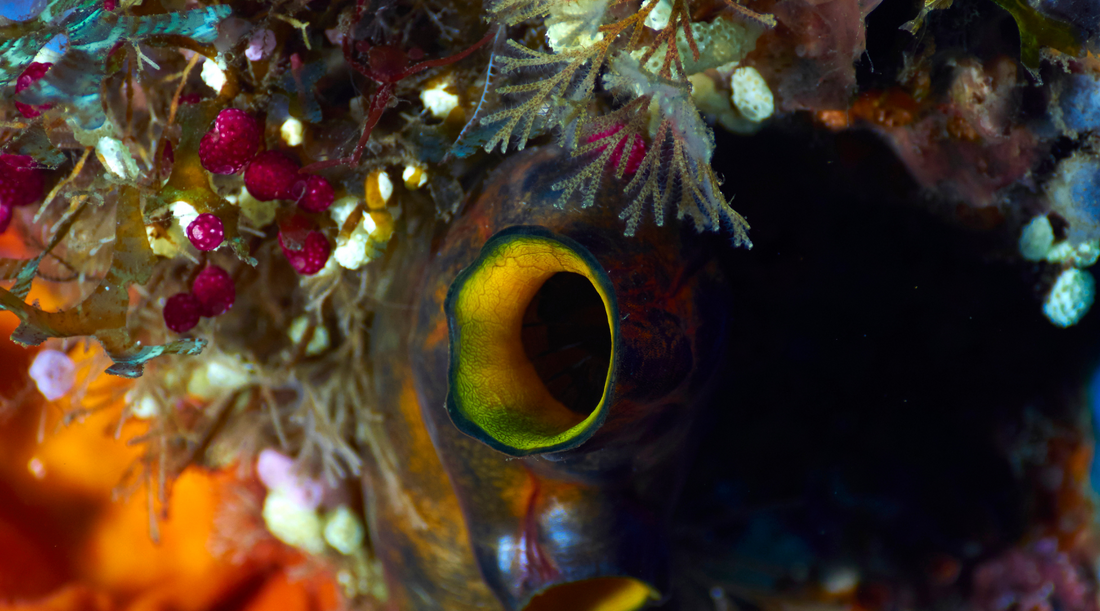
Care
The Role of Detritivores, Decomposers, and Nutrient Cyclers in Coral Reef Ecosystems
The Role of Detritivores, Decomposers, and Nutrient Cyclers in Coral Reef Ecosystems
Coral reefs are some of the most biodiverse ecosystems on the planet, and the health of these ecosystems depends on the proper functioning of a wide variety of biological processes. One of these processes is the management of detritus, which is organic matter that has been broken down into small fragments. Detritus plays a vital role in the cycling of nutrients and energy within coral reefs, but the proper management of detritus is important to avoid negative impacts such as eutrophication, which can have negative impacts on coral reefs and other marine ecosystems.
One group of organisms that plays a vital role in the management of detritus in coral reefs are detritivores. These are organisms that feed on detritus as a primary source of nutrition. Copepods, for example, are small, aquatic crustaceans that are important detritivores in coral reefs. They consume a wide variety of detrital material, including algae, plant matter, and fecal matter. As copepods consume detritus, they release nutrients that are then taken up by other organisms in the ecosystem, helping to recycle nutrients and maintain the balance of the ecosystem.
In addition to their role as detritivores, copepods also contribute to the decomposition of detritus through their excretion and grazing activities. By breaking down detritus into smaller fragments, copepods help to facilitate the decomposition process, making it easier for other decomposers such as bacteria and fungi to break down the detritus further.
Bacteria are another important group of organisms that play a role in the management of detritus in coral reefs. They are important decomposers that break down detrital material into smaller fragments, releasing nutrients that are then taken up by other organisms in the ecosystem. There are many different types of bacteria that are involved in the decomposition of detritus in coral reefs, and the diversity of these bacteria is important for the efficient decomposition of detritus. Different bacteria are able to break down different types of organic matter, and this helps to ensure that all types of detritus are efficiently decomposed.
In addition to their role in the decomposition of detritus, bacteria also play a role in the nutrient cycling of coral reefs. They take up nutrients from detritus and release them back into the water, where they can be taken up by other organisms. This helps to maintain the balance of nutrients in the ecosystem and supports the growth and health of coral reefs.
Overall, detritivores, decomposers, and nutrient cyclers play a vital role in the management of detritus in coral reefs. These organisms are essential for the proper functioning of coral reefs and the maintenance of ecosystem balance. Further research is needed to better understand the roles of these organisms in the management of detritus in coral reefs and to identify ways to protect and conserve them.

